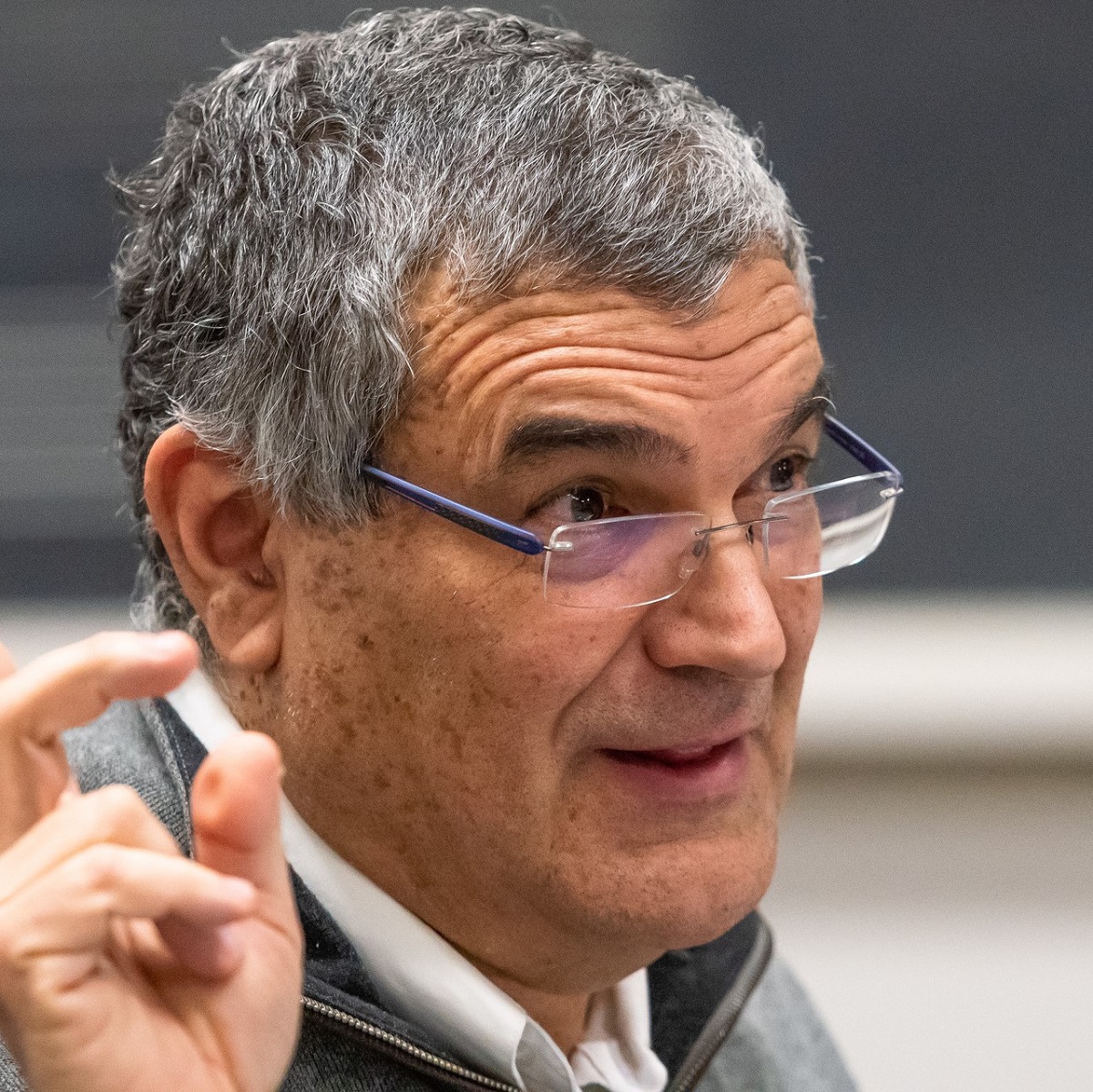A composition by Colorado College Professor of Music Ofer Ben-Amots has received the top prize in its category in the 2019 SMP Press Composition Competition.
Ben-Amots' "Klezmer Concerto" took first place in Contemporary Music/Large Ensemble in a competition judged by editors and authors from top music publishers. The piece, composed in 2006 for the great Klezmer clarinetist David Krakauer, is designed for clarinet, multi percussion, harp and string orchestra.
Krakauer performed the piece the U.S. premiere at the Boulder Music Festival in 2008. Since then it has been performed numerous times across the United States and in Canada, France, Germany, and Israel, among others. The most recent performance was in 2019 by the Chamber Orchestra of Colorado Springs, conducted by Thomas Wilson with the clarinet soloist Kliment Krylovskiy.
Ben-Amots, who currently is in Frankfurt, Germany, teaching his Block 4 class, In the Footsteps of J.S. Bach, says via email, "The news came totally out of the blue because it's not something I ever applied for or submitted music to. SMP Press is the largest music press in the world so I was both honored and humbled by their choice."
The concerto opens with a slow but intense movement titled "Pastoral Doyna." Ben-Amots says a doyna is a lament-like melody -- both declamatory and melancholic -- of Eastern-European origin, most likely Rumanian, Gypsy, or Jewish. The opening by the string ensemble is reminiscent of the awakening sound of nature. On top of the busy accompaniment the clarinet enters with occasional shouts, echoes, and cry-like gestures.
The second movement is a sort of a wedding-waltz, titled "Dance of the Seven Circles." The name harkens back to the Jewish tradition in which a bride must circle around the bridegroom seven times before the actual start of the marriage ceremony. The nature of this movement is a mixture of irony and passion, humor and pain. At the end of the waltz the clarinetist plays a free cadenza and improvises on previous motives and melodic patterns. The movement ends with a return to the orchestra, with a soulful lament and quiet murmuring of the soloist.
The third and last movement of the concerto is titled "Halleluya," and is inspired by the textual content, vibrant rhythms, and many musical instruments suggested in the 150th Psalm. Toward the end of the movement there is a second solo cadenza in a perpetual motion style, where the members of the orchestra join in and add their voices to the pandemonium with a song of praise, "Halleluya!"
Ben-Amots' compositions are performed regularly in concert halls and festivals worldwide. His music is marked by the interweaving of folk elements with contemporary textures, usually drawing upon his own heritage rooted in Jewish music.






